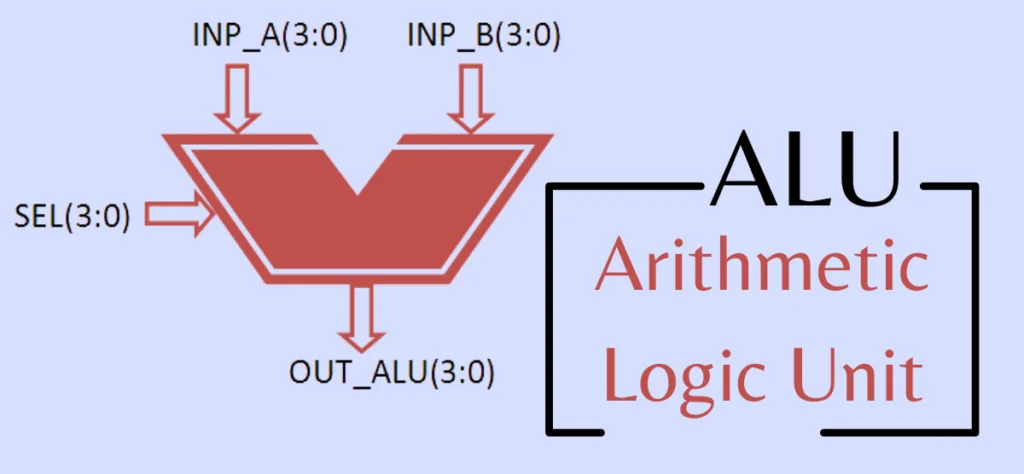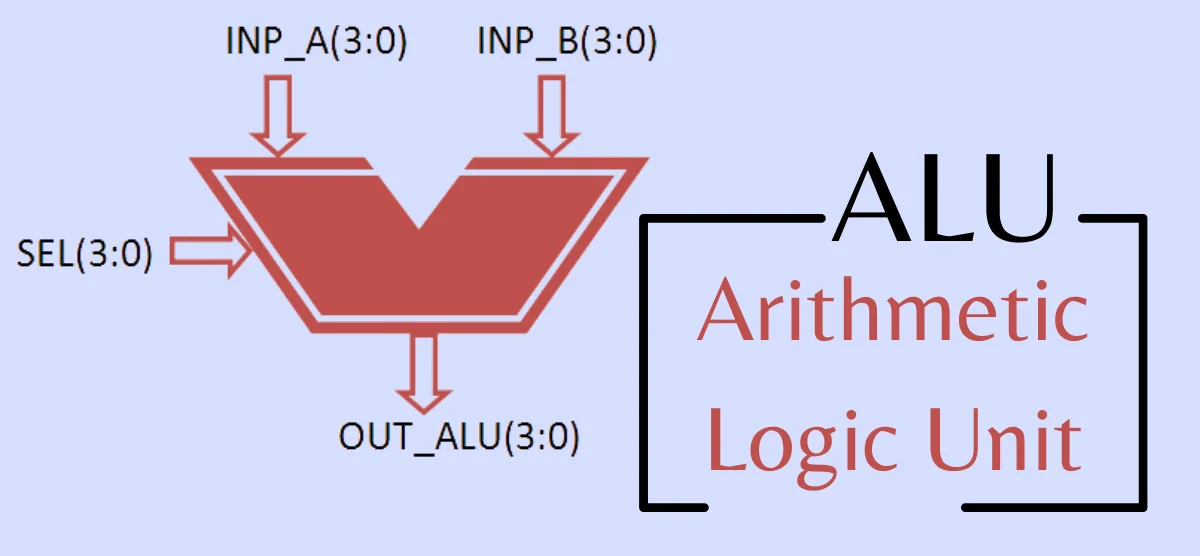
Introduction:
ALU full form: Within the complex structure of modern computing systems there is a crucial component that is vital to carry out logical and arithmetic operations. It is the Arithmetic Logic Unit (ALU). As the core of digital processing the ALU is a key component in the process of executing crucial computations inside microprocessors and computers. We’ll go into the details of what ALU is, what it does, its importance in computing and in facilitating the complex sequence of logic and numbers within the digital realm.
Knowing ALU: ALU stands for Arithmetic Logic Unit. It is a crucial element in the central processing unit (CPU) that is responsible to perform arithmetic calculations (such as subtraction, addition multiplication, division, and subtraction) and logical functions (such like AND, OR, NOT, and XOR) on binary data. The ALU is the computing device that manipulates binary data to execute complex calculations and decision-making.
The functionality of the ALU Functions of the ALU relies using binary inputs from the memory or registers of the CPU. It performs arithmetic calculations by subtracting or adding binary numbers as well as logic by manipulating bits in accordance with defined rules. Some of the primary ALU’s functions ALU include:
Addition: The process of adding two binary numbers to create an amount including the carry-over effects of previous actions.
Subtraction: subtracting the binary value of one number by a different one, allowing you to borrowing bits from adjacent bits if required.
Multiplication: performing repeated operations of addition or shift-and add to determine the sum from two numbers.
Dividend: Subtracting divisor and dividend in order to calculate the quotient and the remainder.
Logical Operations: performing bitwise logical functions such as OR, AND OR, NOT XOR to alter binary data, based on established truth tables.
Importance of ALU The importance and importance of ALU in computing is unquestionable. Here are a few key reasons for why ALU is crucial:
Core Processing Functions: ALU forms the heart of the CPU, which is where the majority of computational tasks are performed which makes it essential to process digital data.
Efficiency and Speed The ALU’s hardware design allows it to execute logic and arithmetic calculations quickly and efficiently, which allows for rapid processing of instruction.
The ability of ALU to perform a variety of logical and arithmetic functions is ideal for many computing tasks, ranging from simple calculation of arithmetic to complicated decision-making processes.
Scalability Modular design: ALU’s modular architecture permits scalability, allowing the CPU’s designers to customize its capabilities and performance to meet the demands of particular applications and computing environments.
Application of ALU:
ALU finds applications across many computing domains for example:
General-Purpose Computing ALU is the basis for everyday tasks like arithmetic calculations as well as data processing and logic-based decision-making on the personal computer, server and workstations.
embedded systems: ALU is integrated into microcontrollers and embedded systems in order to make real-time calculations to control devices, sensors, as well as actuators for a variety of applications like industrial automation, automotive and consumer electronics.
Scientific Computing ALU increases the complexity of mathematical computations and simulations for engineering and scientific applications which include computational fluid dynamics as well as finite element analysis as well as molecular modelling.
ALU: ALU is a key part in cryptographic algorithms decrypting and encrypting information, creating cryptographic keys, as well as performing functions of cryptographic hash that ensure data integrity and security.
Conclusion:
As a conclusion that it is clear that the Arithmetic Logic Unit (ALU) is the foundation of digital processing. It allows microprocessors and computers to carry out crucial arithmetic and logical tasks quickly and effectively. As technology for computing is constantly evolving and advance, the importance of ALU in driving this digital transformation and fostering technological innovation in various industries is incomparable. Due to its speed, versatility and capacity, ALU is a key component for modern systems of computing, defining technological futures and advancing in the age of digital.
